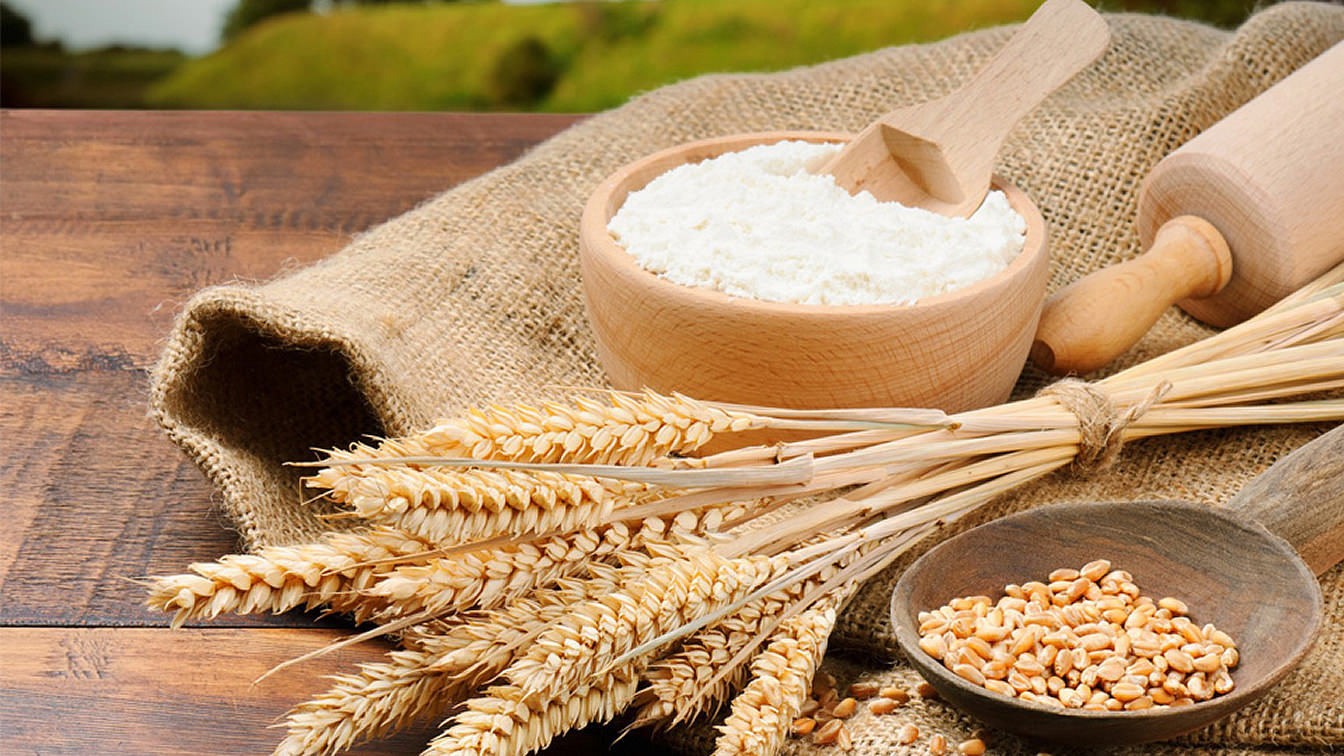South Korea: Food ministry urges companies to lower price of wheat flour to tackle high inflation

To tackle high inflation, the South Korean government urged major food companies to lower the price of wheat flour, the basic ingredient in many food menus. The flour companies said that they would review the possibility of price reduction in flour and other flour-based products.
South Korea imports about 99 percent of wheat mainly from Australia (1.18 million tons), the United States (1.14 tons), and Canada (246,190 tons). About $1.2 billion worth of wheat was imported in 2022. $583.6 million worth of wheat for livestock feed was imported from India (42 percent) and Australia (37 percent). The self-sustainability rate for wheat in South Korea is about 1.1 percent.
Wheat has been the center of Koreans’ diet for centuries and some 219,000 tons of wheat were produced in the country until the 1970s. However, through the U.S. Agricultural Trade Development and Assistance Act (PL480), surplus wheat was provided to South Korea as part of international aid after the Korean War (1950~1953) and eventually pushed domestic wheat out of the food market. The government stopped the obligatory purchase of domestic wheat in 1984 after it lost price competitiveness in its own turf.
South Korea was put to a corner in 2022 after the war erupted in Ukraine, one of the world’s largest wheat producers, to shake the global wheat market. The international futures price of wheat reached $419 per ton in May 2022 but dropped to below $300 in November 2022 and is maintaining its price until June 2023 ($243 per ton).
The Ministry of Agriculture, Food and Rural Affairs held a meeting with seven major flour companies including CJ Cheiljedang and Daehan Flour Mills Corporation, and urged flour makers to lower the price of flour. The companies said that despite difficulties such as the price gap between the futures price and imports, and increased exchange appreciation, they will review the possibility of lowering wheat flour prices in July.
Meanwhile, South Korean makers of instant noodles called Ramyeon are also at a crossroads where they have to decide whether to lower the price of their products or not after Deputy Prime Minister Choo Kyung-ho said during a state broadcaster’s Sunday morning show that “Ramyeon companies should lower prices of Ramyeon,” on June 18.
South Korea’s Ramyeon market is growing rapidly thanks to foreign customers who are attracted to spicy noodles after becoming familiar with Korean culture through K-dramas and K-pop. Nongshim, South Korea’s largest Ramyeon maker, recorded overall sales of about 3.1 trillion won ($2.3 billion) in 2022, up 16 percent from 2021’s 2.6 trillion won. Thanks to a lowered price of international wheat flour prices, the noodle maker is predicted to reach a sales profit of more than 200 billion won, which would be about double the sales profit in 2022, by the end of this year.
Read also
Wheat in Southern Brazil Impacted by Dry Weather and Frosts
Oilseed Industry. Leaders and Strategies in the Times of a Great Change
Black Sea & Danube Region: Oilseed and Vegoil Markets Within Ongoing Transfor...
Serbia. The drought will cause extremely high losses for farmers this year
2023/24 Safrinha Corn in Brazil 91% Harvested
Write to us
Our manager will contact you soon



